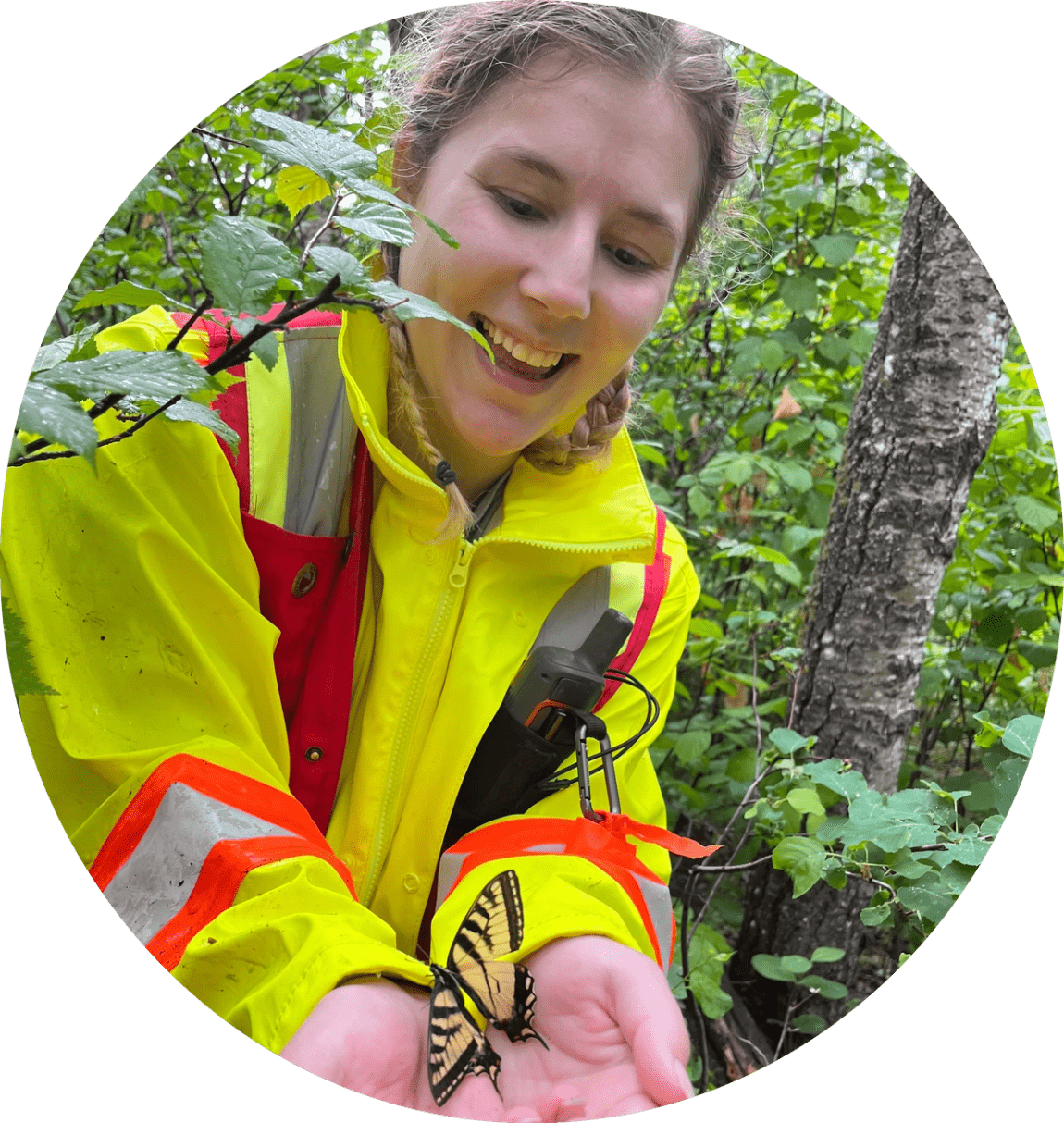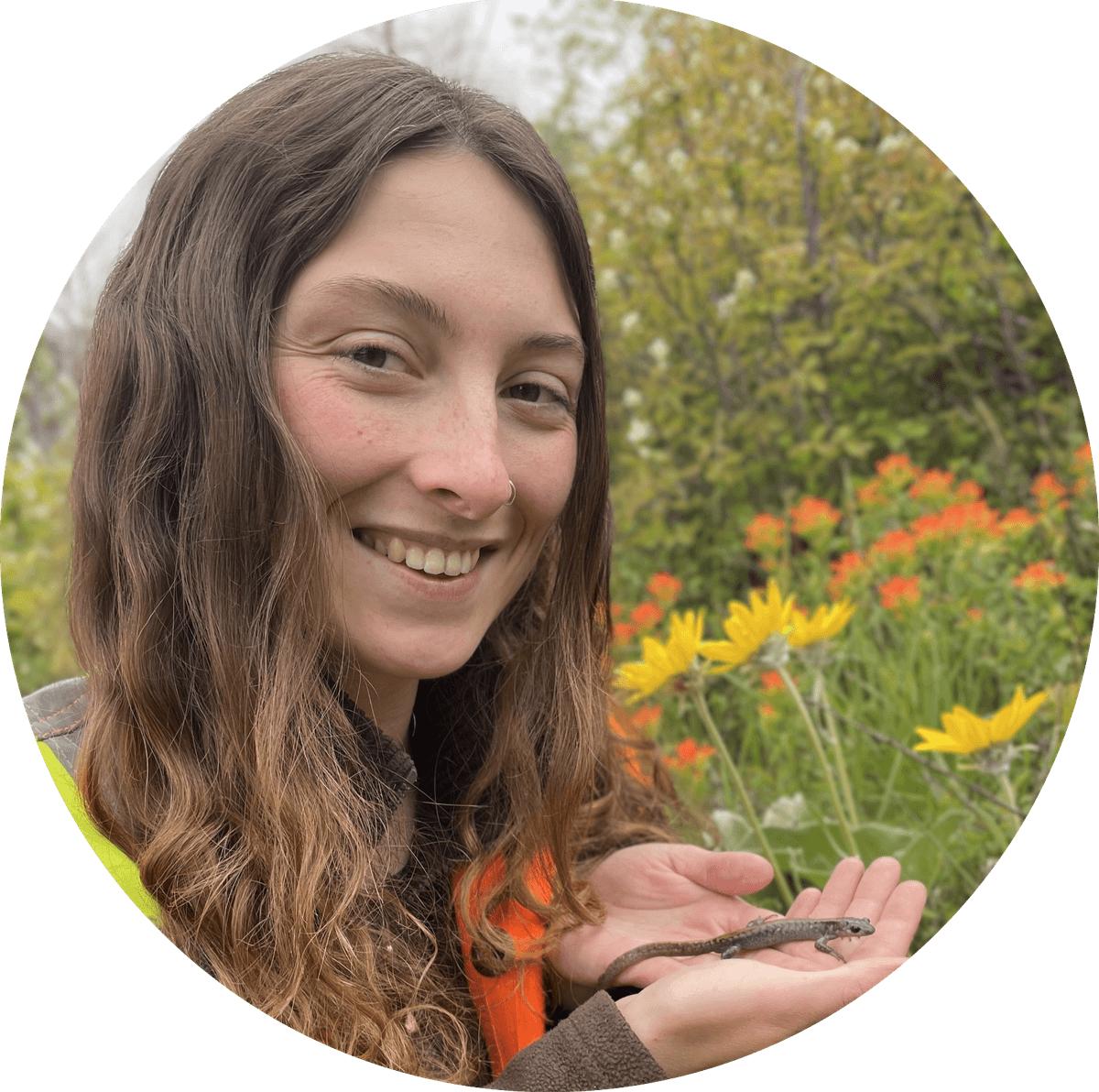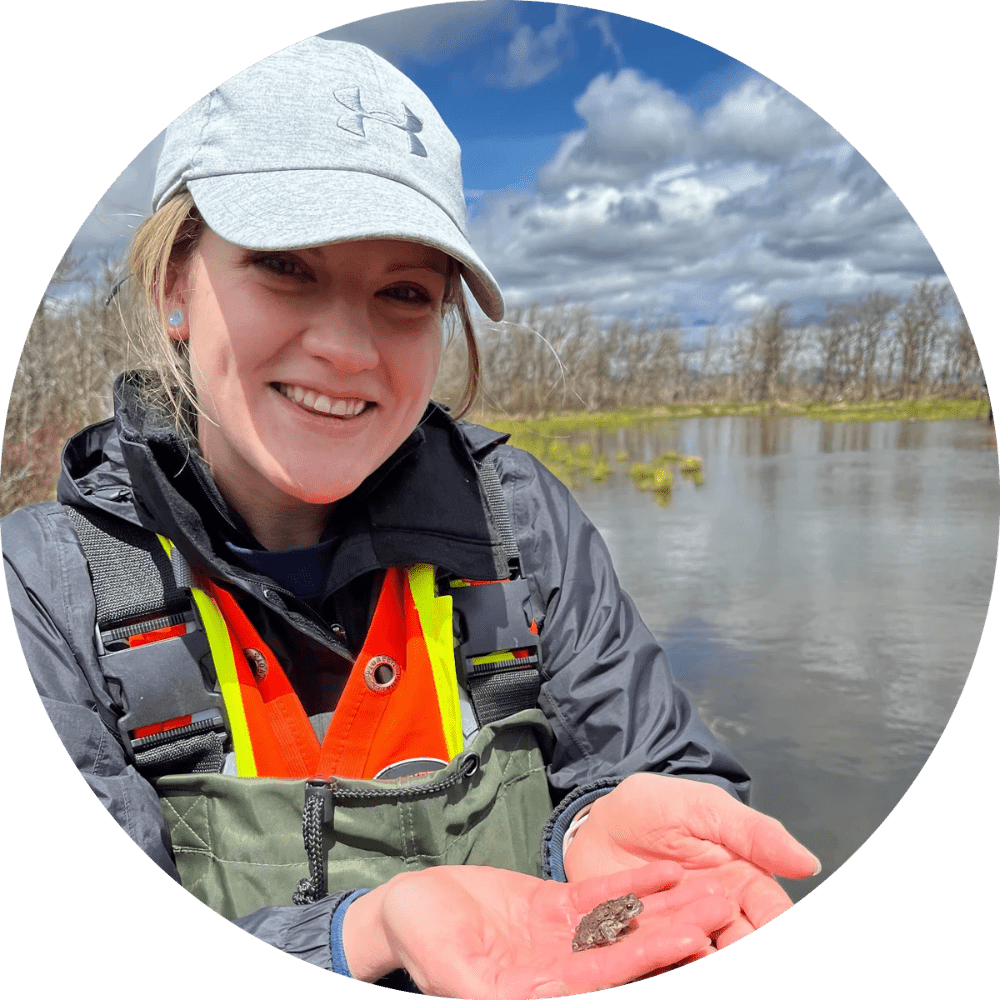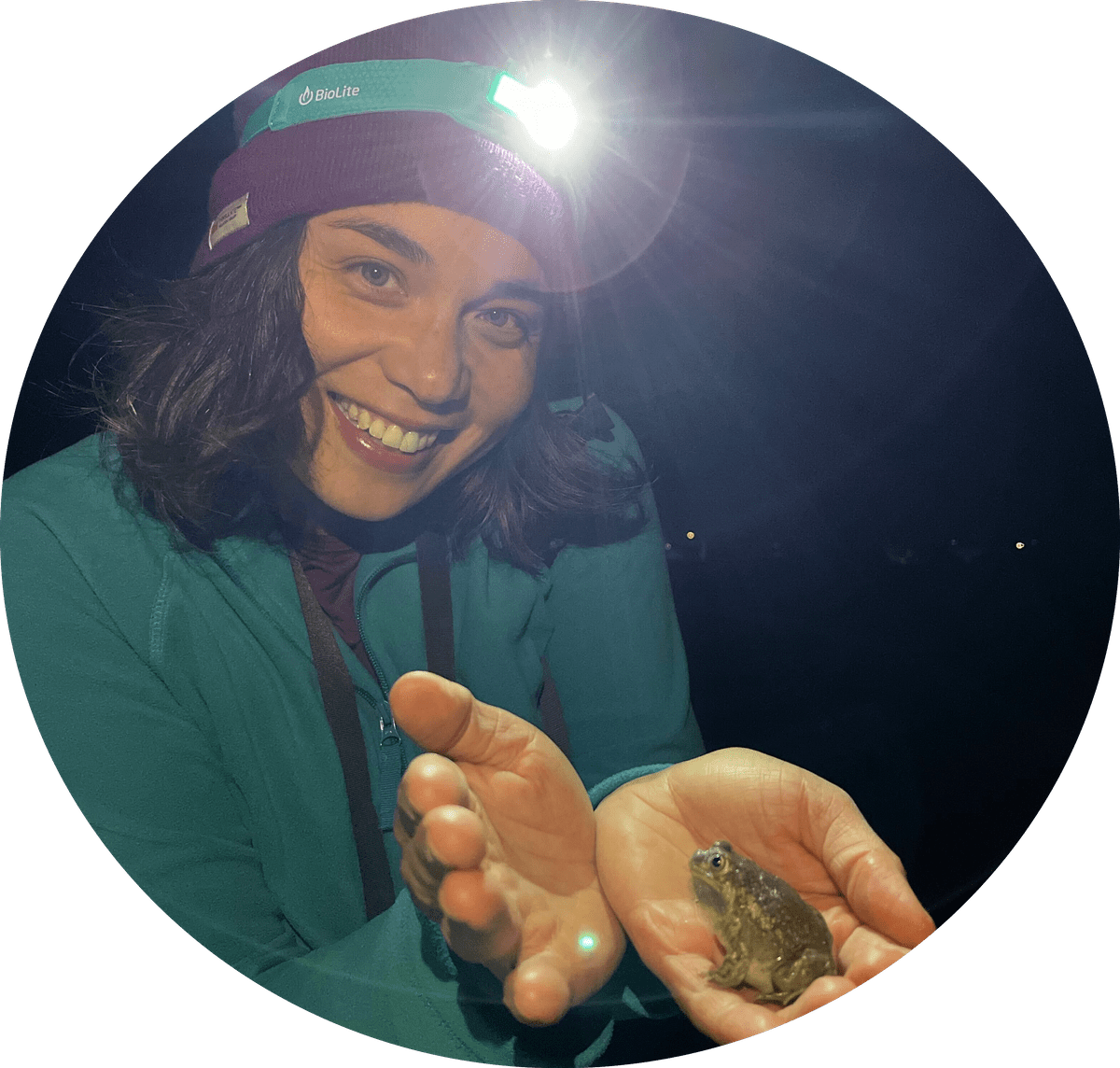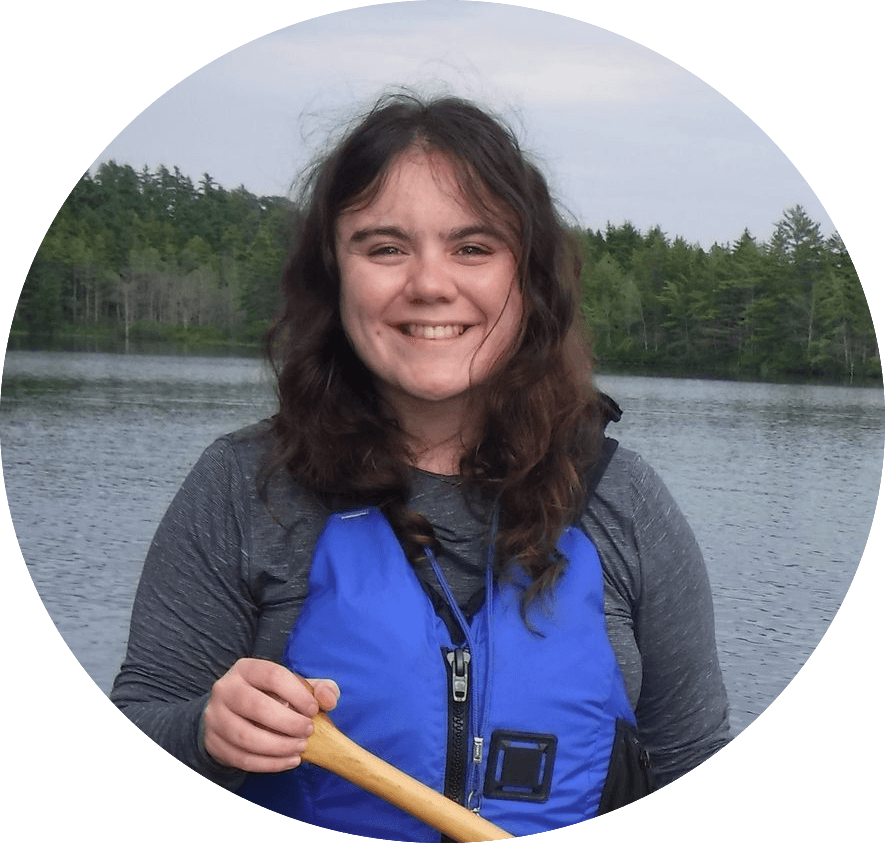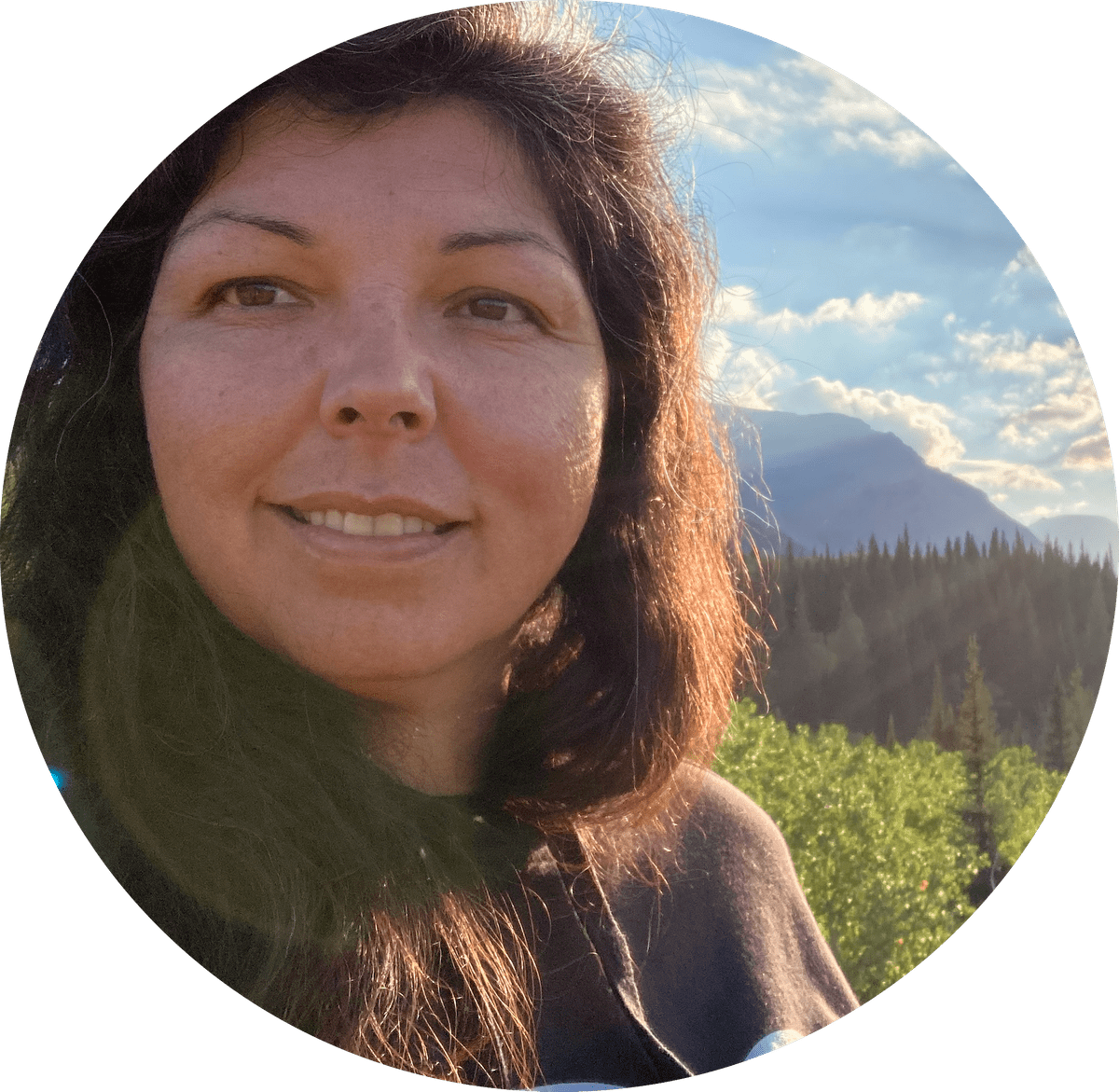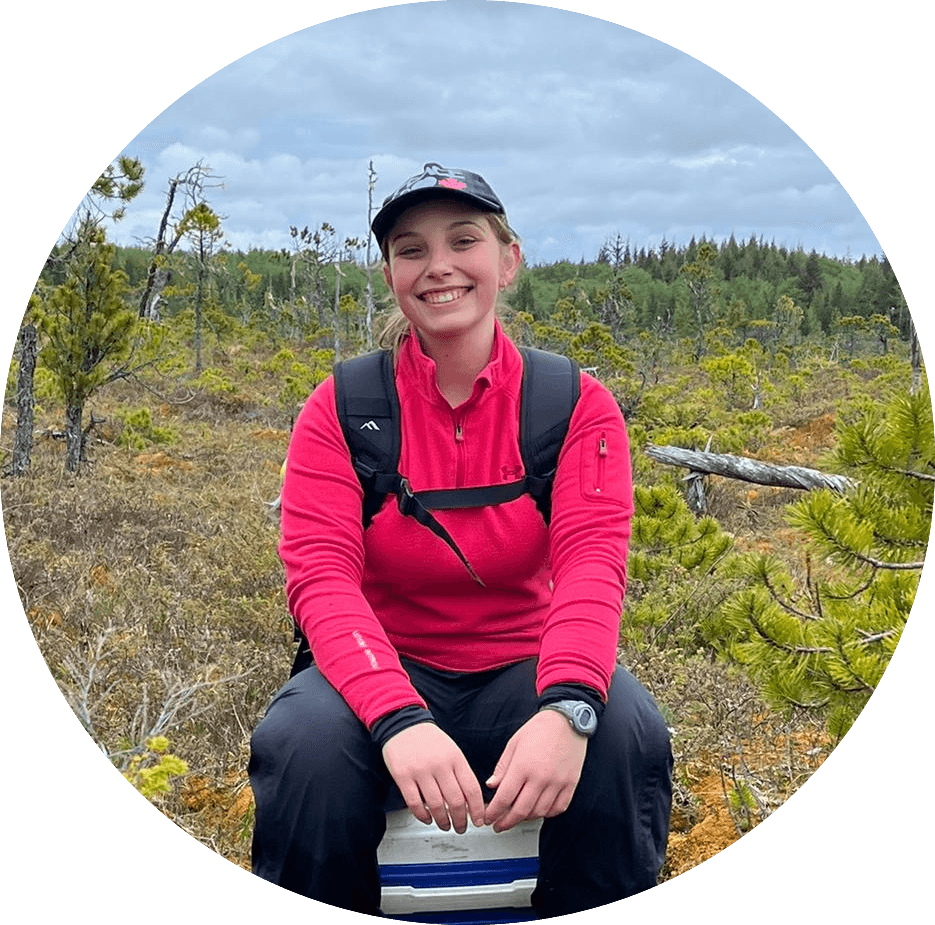

Diversity, Distributions, & Conservation
What can we learn & how can we help?
Welcome to the Lee-Yaw Lab at the University of Ottawa!
We strive to create a supportive, productive, and fun research environment where we can ask big questions, learn new skills, and contribute to knowledge and the protection of biodiversity.
Land Acknowledgement
The Lee-Yaw lab and uOttawa are located on the traditional unceded, unsurrendered territory of the Anishinaabe Algonquin Nation. Much of our fieldwork takes place in areas covered by Treaty 7, on the traditional and ancestral territory of the Niitsítapi (including Kainai, Piikani, and Siksika Nations) and the Tsuut’ina Nation, and on the homelands of the Métis Nation.
We recognize these Nations as the traditional stewards of the lands on which we live and work. We make this acknowledgement in recognition of our responsibility to treat these lands and other lands we visit with respect, and to honour and respect the rights, culture, and histories of Indigenous peoples everywhere.
Learn more about Indigenous lands here and about Truth and Reconciliation in Canada here.
Our Values
In this lab, we value curiosity, collaboration, collegiality, and personal growth. We are committed to an inclusive and positive lab environment--one where diversity is celebrated and the unique backgrounds and experiences of lab members are seen as opportunities to learn from one another and improve our science. You are welcome here!
Research
We use a variety of approaches and tools to address questions at the intersection of evolutionary ecology and conservation biology, with an emphasis on understanding the past, present, and future of species' geographic distributions.









Some of the main themes we explore:
The structure and history of species' geographic distributions.
We use molecular data and phylogeographic methods to study the biogeographic history and structure of species ranges in temperate regions of North America. Of interest is the extent to which widespread species represent composites of evolutionarily distinct groups, the outcome of interactions between these groups, and the implications for conservation assessments.
Ecological and evolutionary explanations for range limits.
We are broadly interested in understanding the ecological and evolutionary drivers of species' geographic range limits. Previous work in the lab has focused on understanding the relative importance of niche constraints versus dispersal limitation in shaping species' range limits. Current work is focused on understanding the roles that genetic drift and gene flow play in adaptation at the edge of the range and how environmental context shapes the outcome of these processes.
The impact of global change on species' distributions.
Climate change is leading to major changes in species' distributions yet there is tremendous variation in the response of species to changing conditions. We are interested in understanding this variation. We are especially interested in the impacts of extreme, climate-related events on populations and range limits.
Genomic and spatial data to inform conservation translocations.
The intentional release of individuals at locations away from known threats or in extirpated parts of species' range is increasingly called for to protect species under global change. Yet, these efforts often fail. We are working with our conservation partners to explore the potential value of genomics in guiding source site selection, as well as habitat suitability models to prioritize release sites for different at-risk species in Canada.
People
*alphabetical by first name

Alice Cang (she/they)
Postdoctoral Fellow
Research Interests:
Evolutionary ecology, plant genome evolution, population genomics, especially at range edges.
Current focus:
Population genomics of rare plants to inform provenancing for pottential translocations in Ontario.
Other Interests:Baking, cooking, mindful movement, my emotionally witholding cat, video games.

Christie Crews (she/her)
MSc student (co-supervised with Dr. Sean Boyle at Memorial University of Newfoundland)
Research Interests:
Human-wildlife coexistence, species of conservation concern, ecology.
Thesis:
Post-fire use of under-road tunnels and the status of long-toed salamanders in Waterton Lakes National Park.
Other Interests:
Painting, reading, growing giant vegetables, petting my cats and other people’s dogs.

Gwen Deadman-Wylie
MSc Student
Research Interests:
Evolutionary ecology, conservation genetics, species at risk.
Thesis:
Genetic prioritization of populations to maximize future genetic diversity
Other Interests:
Hiking, camping, travelling, reading, amateur wildlife photography

Jayna Bergman (she/her)
PhD student
Research Interests:
Conservation genomics, speciation and diversification
Thesis:
Processes shaping genetic structure in western toads at different scales.
Other Interests:
Hiking, walking, being outdoors

Juan Enciso-Romero (he/him)
Postdoctoral fellow
Research Interests:
Genetic basis of adaptation, hybridization, population genomics, bioinformatics and demographic modelling.
Current Focus:
Understanding the effects of environmental disturbance on genetic diversity.
Other Interests:
Running, cooking, soccer, hiking and reading.

Julie Lee-Yaw (she/her/elle)
PI
Research Interests:
Evolutionary ecology, geographic distributions and range limits, conservation and population genomics
Main Focus:
Running a lab and trying to have fun and balance while doing so!
Other Interests:
Hiking, camping, snowboarding very slowly, looking into ponds, creative cooking, pickling, tea drinking, intermittent knitting, boardgames, fiction.

Madeleine Robitaille (she/her/elle)
PhD Student
Research Interests:
Evolutionary ecology, conservations genetics, species distributions, species at risk.
Thesis:
Evolutionary ecology of Fowler's toads in Canada.
Other Interests:
Outdoor activities (especially water sports), knitting, reading, cooking

Star Hungry Wolf Cardinal (she/her)
MA student (co-supervised with Dr. Jodie Asselin at uLeth)
Research Interests:
Cross cultural sustainability, holism, treaty relations, governance, ecology and environmental spiritualism, functional genomics and Squamata.
Thesis:
Blackfoot perspectives on Snakes and Lizards and how and why those have changed over time.
Other Interests:
Family dynamics, communication, etymology, travel, rituals, positivism, hiking, reforestation, hunting, wilderness survival, berry, plant and rock picking.

Yisa Ginath Yuh (he/him)
Postdoctoral Fellow
Research Interests:
Climate change and sustainability, biodiversity monitoring and conservation, landscape ecology, ecological modeling, GIS and Remote Sensing applications.
Current focus:
Integratingpredictions from species distribution modeling into conservation planning in southeastern Canada.
Other Interests:Soccer, volleyball, handball, traveling, reading, making new discoveries, and socializing.

Zoe Mozola (she/her)
MSc Student
Research Interests:
Evolutionary ecology, amphibian conservation, morphology, ecotoxicology.
Thesis:
Phenotypic changes in Fowler's toads over time
Other Interests:Camping, reading, traveling, making art (with great love and lesser skill), bouldering, weightlifting, and playing video games.
Publications
For full list see Google Scholar Profile; Lab members indicated with *
Owens GL, Cai Z, Bercovich N, Todesco M, Lee-Yaw JA, Rieseberg LH (2025) A trans-species cytoplasmic polymorphism is associated with seed shape and aridity across mulitple species of sunflowers. Proceedings of the National Academy of Science, 122: e2410943122. Link
Bergman JC*, Finn KJ*, Lee-Yaw JA (2024) Study extent influences the predictions and performance of species distribution models: A case study of six amphibian species at the edge of their geographic distributions in western Canada. Biodiversity and Conservation, 33: 4295-4318. Link
Hargreaves AL, J Ensing, O Rahn, F Oliviera, J Burkiewicz, J Lafond, S Haeussler, B Best, K Lazda, H Slinn, E Martin, M Carlson, T Sformo, E Dawson-Glass, M Chuiffo, Y Vargas-Rodriguez, C García-Jiménez, I Gomes, S Klemet-N’Guessan, L Paolucci, S Joly, K Mehltreter, J Muñoz, C Buono, J Brodie, A Rodriguez-Campbell, T Veen, B Freeman, Lee-Yaw JA, J Camilo Muñoz, A Paquette, J Butler, E Suaréz (2024) Latitudinal gradients in predation persist in urban environments. Nature Ecology & Evolution, 8: 1897-1906. Link
Finn KJ*, Bergman JC*, Lee-Yaw JA (2024) Deciding where to put them: sensitivity tests and independent evaluation are critical when using species distribution models to inform conservation translocations. Journal of Applied Ecology, 61: 713-732. Link
Lee-Yaw JA, McCune JL, Pironon S, Sheth SN (2022) Species distribution models rarely predict the biology of real populations. Ecography, e05877. Link *runner up E4 award; most downloaded Ecography paper in 2022.
Justen H, Lee-Yaw JA, Delmore K (2021) Reduced habitat suitability and landscape connectivity in a songbird migratory divide. Global Ecology and Biogeography, 30: 2043-2056. Link
Wang S, Ore M, Mikkelsen EK, Lee-Yaw JA, Toews DPL, Rohwer S, Irwin DE (2021) Signatures of mitonuclear coevolution in a warbler species complex. Nature Communications, 12, 4279. Link
Bontrager M, Usui T, Lee-Yaw JA, Anstett D, Branch HA, Hargreaves AL, Muir CD, Angert AL (2021) Adaptation across geographic ranges is consistent with strong selection in marginal climates and legacies of range expansion. Evolution, 75: 1316-1333. Link
Miller TEX, Angert AL, Brown CD, Lee-Yaw JA, Lewis M, Lutscher F, Marculis NG, Melbourne BA, Shaw AK, Szűs M, Tabares U, Weiss-Lehman C, Williams JL (2020) Eco-evolutionary dynamics of range expansion. Ecology, doi: 10.1002/ecy.3139 Link
Roesti M, Anstett DN, Freeman B, Lee-Yaw JA, Schluter D, Chavarie L, Rolland J, Holzman R (2020) Pelagic fish predation is stronger at temperate latitudes than at the equator. Nature Communications, doi: 10.1038/s41467-020-15335-4 Link
Lee-Yaw JA, Grassa CJ, Joly S, Andrew RL, Rieseberg LH (2019) An evaluation of alternative explanations for widespread cytonuclear discordance in annual sunflowers (Helianthus). New Phytologist, doi:10.1111/nph.15386 Link
Freeman BG, Lee-Yaw JA, Sunday J, Hargreaves AL (2018) Expanding, shifting, and shrinking: The impact of global warming on species' elevational distributions. Global Ecology and Biogeography, 27: 1268-1276. Link
Lee-Yaw JA, Fracassetti M, Willi Y (2018) Environmental marginality and geographic range limits: a case study with Arapidopsis lyrata ssp. lyrata. Ecography, 41: 622-634. Link
Lee-Yaw JA, Kharouba HK, Bontrager M, Mahony C, Csergő AM, Noreen AME, Li Q, Schuster R, Angert AL (2016) A synthesis of transplant experiments and ecological niche models suggests that range limits are often niche limits. Ecology Letters, 19: 710-722. LinkThank you to our funders!






Lee-Yaw Lab
Department of Biology
University of Ottawa
30 Marie Curie
Ottawa, ON
K1N 9B4
Contact
jleeyaw[at]uottawa[dot]ca
J.A. Lee-Yaw © 2023












